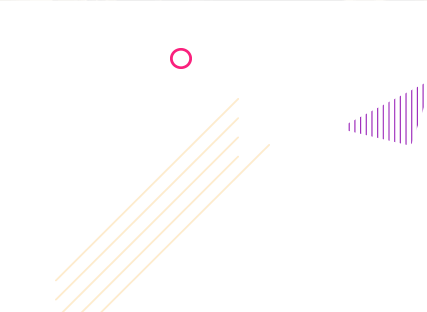2016: 1st IEW
1st India ESD Workshop (2016)
Venue: Department of ESE, Indian Institute of Science (IISc) Bangalore
Date: Feb 16th 2016
Hosted, organized and envisioned by: Prof. Mayank Shrivastava, Indian Institute of Science Bangalore
Highlights and Summary:
With the vision to strengthen and promote ESD activities in India the concept of “India ESD Forum” was first envisioned in 2015. The idea behind this vision was three fold. First, is to increase ESD awareness among engineers and academicians working in the field of VLSI / Microelectronics and provide opportunity to local engineers who would like to learn or engage into ESD protection device/circuit/product design and testing activities.
Second, to bring together engineers who often encounter ESD design problems. Third, to encourage research, development and training related to on-chip ESD protection device/circuit design in India. Within 2 months this forum has attracted registration from 63 senior level engineers and technical managers working in a number of VLSI design companies (Fig. 1) in India. This gives encouraging hope to organize and eventually bring together under one roof all of the VLSI engineers in India, and in due course engineers in the South East Asia, interested in ESD activities.

Visuals from the 1st India ESD Workshop.

Roadmap and vision for India ESD forum and workshop

Company wise distribution of workshop participants and forum members.
Given the great interest shown by VLSI professionals, 1st India ESD Workshop (IEW) was envisioned, organized and hosted by Prof. Mayank Shrivastava. The workshop received an excellent response from the VLSI community. 33 industry professionals from semiconductor technology giants like SanDisk, Intel, Global Foundry, NXP, Cadence, Infineon and Synopsys joined this workshop along with 7 students and 3 faculty members (Fig. 2). Without any exaggeration this can be called a good start. The attendees participated in a highly engrossing manner with in depth technical discussions and sessions. Technical discussions were later complemented by ESD experts Dr. Harald Gossner and Dr. Charvaka Duvvury, through teleconferencing during a session called “Ask the Experts”. Later the host together with the participants laid down strategy and roadmap for the forum and future workshops.
By and large the workshop was found to be highly valuable for the VLSI community in India and therefore similar workshops one in every 4 months were unanimously requested by the participants. Considering the enthusiasm of the participants towards this new initiative and willingness to contribute, an expected participation of 100 VLSI professionals, faculties and students in the next workshop would not be farfetched. More importantly, the next workshops will be planned to have contributed talks from the participants leading to a fully fledged 2 day event within 1.5 years addressing VLSI community in the South East Asia.



